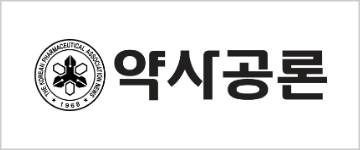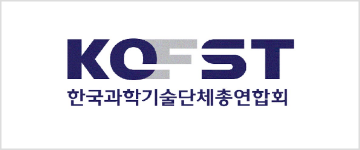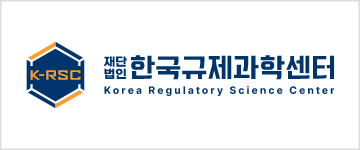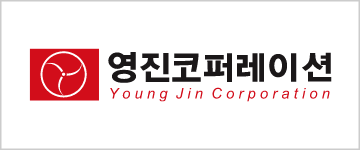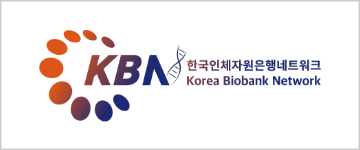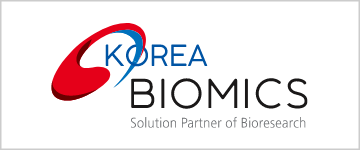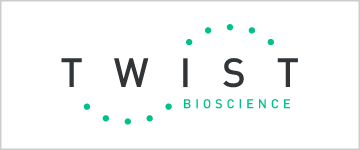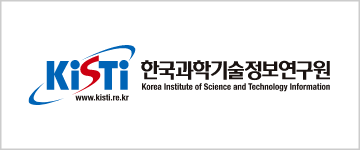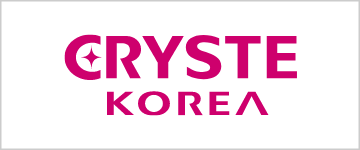2025 Fall
International Convention of PSK
2025 CONVENTION
Abstracts
TS156-mediated P300 inhibition activates ER stress and induces apoptosis in mantle cell lymphoma
- Jiye Kim1
- 1College of Pharmacy, Ewha Womans University
Mantle cell lymphoma (MCL) is a rare and aggressive B-cell non-Hodgkin lymphoma (NHL) that accounts for approximately 6% of NHL cases. Despite recent advances in targeted therapies and CAR-T cell treatments, complete response rates remain low. This highlights an urgent need for novel therapeutic strategies. Epigenetic dysregulation is critical in MCL pathogenesis, and histone acetyltransferases (HATs) have emerged as therapeutic targets. EP300, a HAT that promotes open chromatin and oncogene transcription, was identified by a CRISPR/Cas9 screen as essential for MCL survival. We thus evaluated TS156, a small-molecule inhibitor of the EP300/CREBBP HAT domain. TS156 markedly reduced MCL cell viability, inducing G1 arrest and apoptosis. Transcriptomic analysis revealed strong induction of ER stress–related genes, and western blotting confirmed activation of the PERK–eIF2α–ATF4–CHOP pathway, indicating ER stress–mediated apoptosis. TS156 also suppressed BCR signaling and NF-κB activation, linking EP300 to oncogenic signaling. In vivo, intraperitoneal administration of TS156 (40 mg/kg) significantly reduced tumor growth in MCL xenografts without observable toxicity. These findings demonstrate that pharmacologic inhibition of EP300 by TS156 induces ER stress and suppresses BCR signaling, resulting in potent anti-lymphoma effects. Further studies are warranted to define the transcriptional networks governed by EP300 and their contribution to MCL pathogenesis.
Q&A
- There are no registered questions












